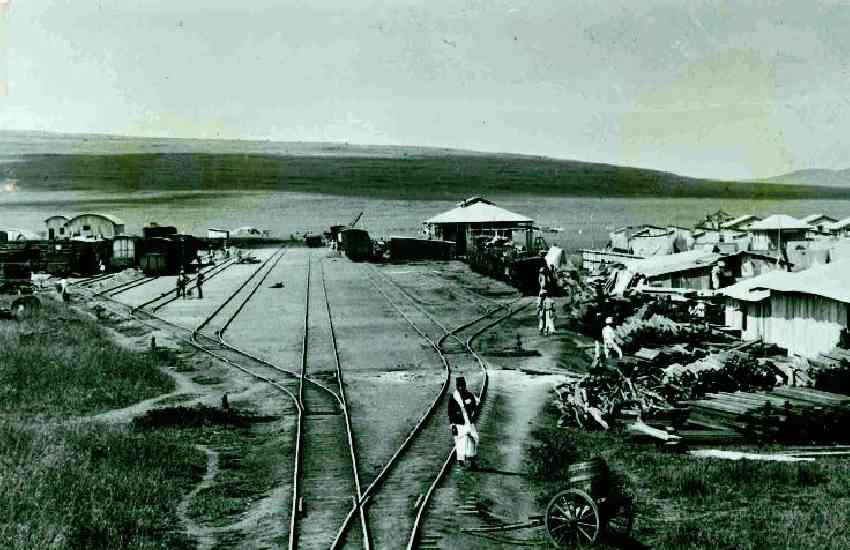The construction of the Uganda Railway [Photo: Courtesy] Some of the wealthiest Kenyans are muhindis . Most are fourth generation. Their forefathers came here with nothing but a suitcase and manual skills to labour as watu wa mkono during the construction of the Uganda Railway, whose completion in 1901 saw Indian ‘Coolies’ stay, kick-starting our cash economy as dukawallahs . There were no corner dukas before the Uganda Railway. But with these shops, muhindis controlled the retail trade of consumer goods in Kenya, where the Indian rupee was legal tender.
Read Also: Meet the Muhindi Kalenjins call ‘Kiprop’
Indeed, it’s in business that the Indian work ethic spawned magic in lasting family ventures; like Essajee Amijee & Sons, 100 years plus and still dealing in glass, as well as Broadways, which is still baking bread in Thika 50 years on. Their success was two-fold: they had the benefit of the outsider who has no hang-ups doing anything to succeed in a foreign environment. Outsiders also spot opportunities locals are blind to.
There are other things you will notice: muhindis hardly invest in matatu businesses – only bus shuttle services such as Easy Coach and the defunct Akamba Bus Company. They don’t venture into small-scale farming; n duma here, ngwaci there and thus rarely kill each other over two dry acres of ancestral land in Rumuruti! When they go into farming, they go large scale: Naivasha’s Sher Karuturi is owned by an Asian. It is part of India’s Karuturi Global – whose 500 million roses annually makes it the world’s largest cut flower business.
Rwandan political economist, Dr David Himbara, notes in Kenyan Capitalists, the State and Development, published in 1994, that 75 per cent of Kenya’s manufacturing sector is controlled by Asians, with miros clutching at a measly five per cent. Little has changed over 20 years later since Himbara’s study.
Indian families that have hit the financial mother lode in manufacturing include the Chandarias (Mabati Rolling Mills), the Pauranas (Athi River Mining), the Ravals (Devki Steel Mills that controls 50 per cent market share), the Bipin Shah family (Basco Paints), the Vimal Shah family (Bidco Oil Refineries) and the Meralis (Sameer Africa). The miros in the five per cent bracket include, among others, Chris Kirubi (Bic, Miadi, Sosoft, Palmer’s, Bloo), Kimani Rugendo (Afia juice, Pick ‘N’ Peel) and Paul Kinuthia (Bouncy Diapers, All-Tyme sanitary pads).
Subscribe to our newsletter and stay updated […]
